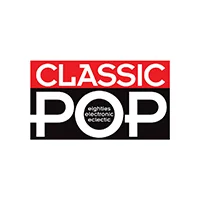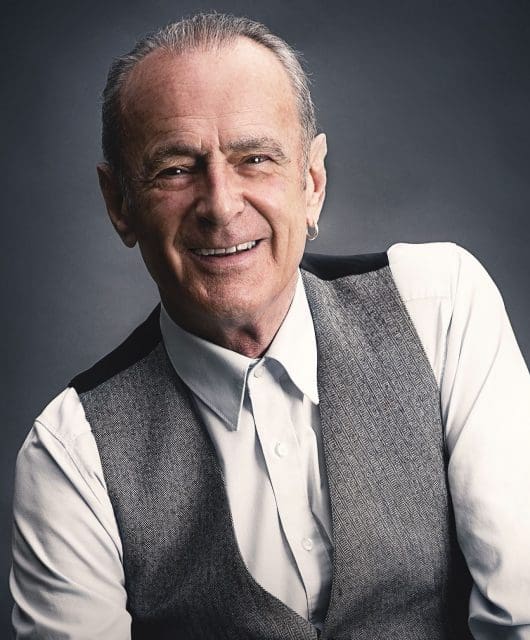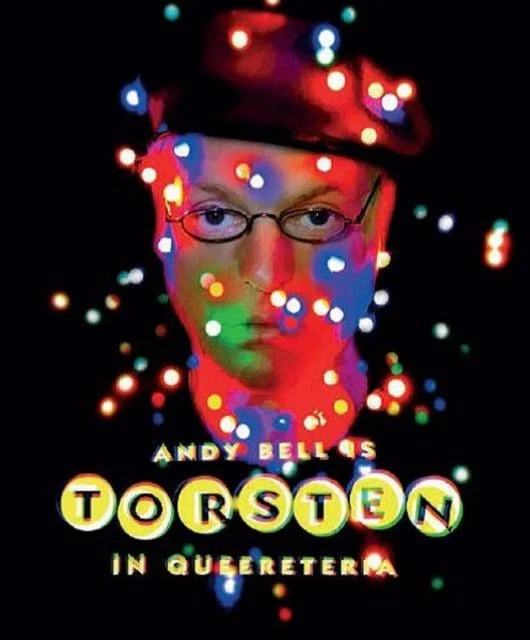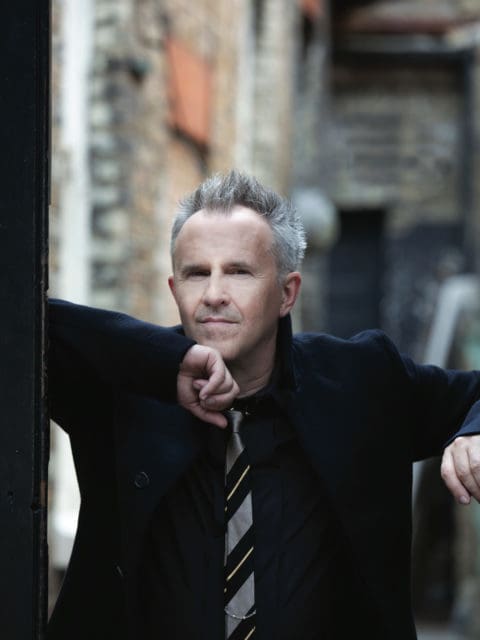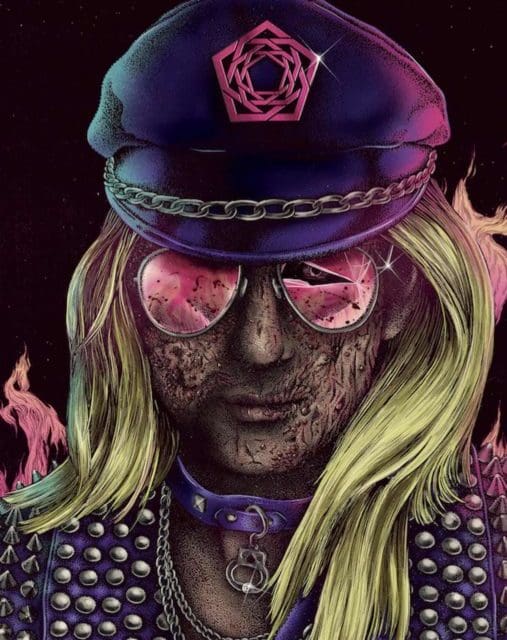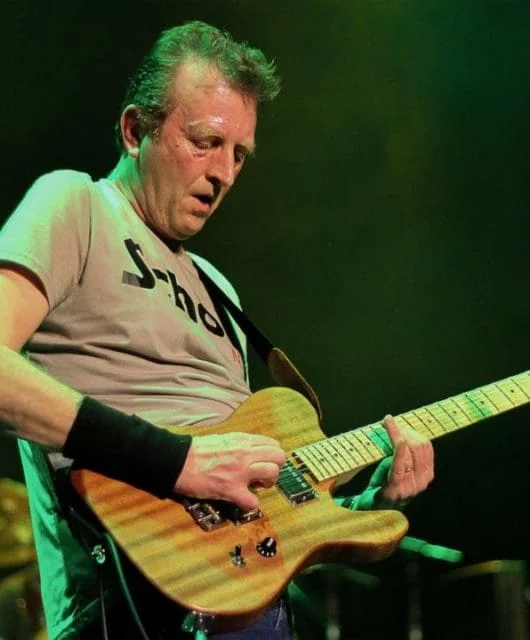Lisa Stansfield – The Classic Pop Interview
By Classic Pop | March 26, 2015
Lancashire soul diva Lisa Stansfield began her career by winning Search For A Star in 1980, but had to wait another nine years before she topped charts around the globe with All Around The World. After a decade of platinum-selling records, she took time out from music to concentrate on acting. She then got back with a brand-new album, Seven, and a winter tour of Europe…
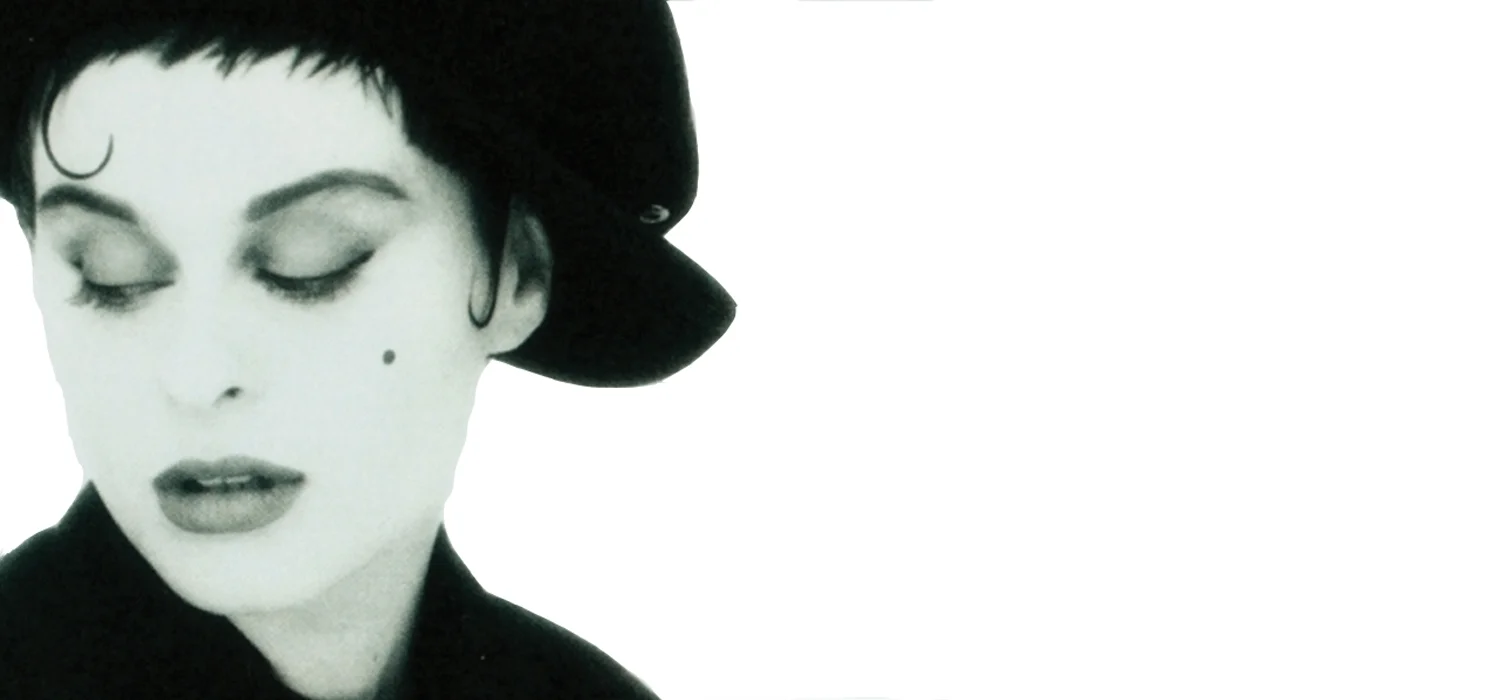
Seven has been a long time coming – almost a decade.
I’ve been tardy. It’s the longest album we’ve ever made and also the shortest we’ve ever made, as we spent a lot of time writing and then dragged our heels a bit. Then I really wanted to get back in the fold, but it’s been a gorgeous, amazing ride.
Why the absence?
I felt I didn’t fit in anywhere. What’s the point in trying to alter what you do because you want to be a part of something you don’t really fit into? It was a question of waiting for the opportunity to get my foot in the door again.
First single Can’t Dance echoes the soulful pop of Luther Vandross…
It’s an eclectic album but there’s a thread running through it. It’s very much soul music but there are different aspects. It was me and Ian [Devaney] doing literally everything together. But we had amazing musicians, too – we basically hired the team of people who did Michael Jackson’s Thriller and Off The Wall.
That sound is very much back – as is the whole ethos of live players. Just look at the Daft Punk record.
Yeah, it’s weird that Daft Punk did the same thing. There’s a science about it. Things run in cycles and you come around to a way a unifi ed of thinking.
You’ve done a fair bit of acting while you’ve been away. Does it give you the same buzz as making music?
I’ve loved doing the acting thing – that was fulfilling for me. I suppose I’ve been dossing around a bit as well. I’ve been writing the whole time, but I’ve not been publicly active. I’m amazed by the response since I’ve been back, though. I’m up to 100,000 friends on Facebook and it’s embarrassing, really, because I’ve not done much at all. It’s encouraging the support I’ve got for such a small amount of effort. It’s lovely to know that people still want you around.
What are your audiences like these days?
You still see the same fanbase you had a long, long time ago, and you see a younger fanbase, too. I suppose it’s because the people who are your age are mums and dads now, and their children have grown up with your music, too. So you have a completely new fanbase, which is a beautiful thing.
After such a long break, were you still able to hit those ridiculously high notes?
I’ve given up smoking – it’s nearly four years now – and it makes everything so much easier. It’s a dream singing because, when you smoke, you lose your top notes. But I got them all back, baby.
The moment you pushed that Hoover on the Wembley Stadium stage while Queen were playing I Want To Break Free at the 1992 Freddie Mercury Tribute Concert was the moment you truly became part of the pop hierarchy. How do you reflect on those days?
It seems as long ago as it was. Anything like that… it’s humbling. Even though you have a talent and know you can do it, to be involved in things like that is a privilege. I regard myself as a lucky person.
You’ve always flown the flag for UK soul, and that genre seems to have finally lost its stigma, thanks to the current spate of soulful pop stars.
I love Adele and I love Plan B. I do think there’s something very special there. Soul music is back. Disco and soul had an image. We championed Barry White because he was one of our big idols – he was the King of Polyester back in the day. I thought he was incredible. It was awful when he died. He was a beautiful man and gave us a lot of good advice. He became a good friend. He was absolutely lovely and doesn’t get anywhere near enough accolades.
